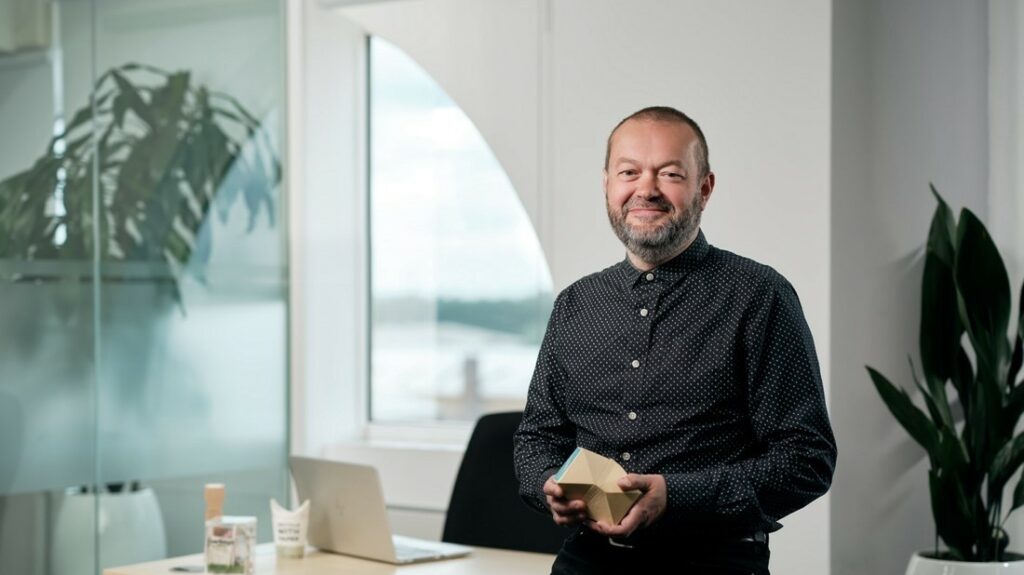Packaging expert reveals top tips for sustainability in business

Sustainability is fast becoming one of the most important aspects of running a business. Many companies are increasingly focusing on meeting ESG (environmental, social, and governance) targets and for retail businesses, ensuring your products are sustainably sourced can be a great drawing point for eco-conscious customers.
Roger Wright is waste strategy and packaging manager at Biffa, a waste management company, and has given seven steps for businesses to consider when choosing products to purchase:
- Packaging’s origin story
Is the packaging necessary in the first place? Don’t be afraid to challenge your supplier and refuse to accept extra packaging if it’s unnecessary. Any extra packaging should be sustainably sourced. - The product or service
Make sure to check the credentials of the product being packaged. You don’t want to get caught out for exaggerating any eco-friendly claims. - The supply chain
Who has physically made your packaging? Are they fairly treated? How far has the packaging travelled? Is the finished product under or over packaged for the channel it’s being sold in? - Retail therapy
How does the packaging feel? Does it make you happy? Would a customer feel incentivised to keep it, rather than throw it away? Try to understand customer psychology when picking your product. - Functionality
How efficient and fit-for-purpose is the packaging? - The circular economy
Does the packaging meet the requirements of the circular economy – that is, where materials can be continually reused, refurbished, recycled or regenerated – and can it help customers think or act more sustainability in other ways? - End of life
Is the packaging widely recyclable (collected, sorted and recycled) or would a reusable version do just as good a job?
Recommended packaging options
Plastic bottles
Clear or natural-colour plastics can be easily recycled, lengthening their lifespan in a circular economy. While coloured plastics can be recycled, they can only be downcycled into a darker shade, limiting their lifespan.
Metal and aluminium containers
This type of packaging – seen in drinks cans and tinned food, are excellent packaging materials for sustainability. The ability to preserve products while also being strong and easy to store are always plusses, but add in the fact that it can be infinitely recycled, and you can see why metal and aluminium containers are such a good choice.
Compostable carrier bags
Some retailers use bio-based and compostable bags. While not designed to last forever, once they’re no longer fit for purpose they can find a new use as food waste or compost bin liners or in general waste.
Paperboard boxes
Commonly used in packages for dried goods such as cereal or pasta, paperboard is thick enough to hold its own but also thin enough to be incredibly efficient. It’s also easily recycled.
Plastic pots, tubs and trays
Some plastics are recyclable, such as rigid PET and Polypropylene (PP). PET is prevalent in food trays and drinks bottles. It’s durable, widely recyclable, and is highly carbon efficient. While PP can be recycled, it unfortunately cannot be upcycled into food-safe formats.
Changing out your packaging for a more environmentally-conscious choice may have a strong bearing on your sustainability credentials, and adapting your business model to support a circular economy will aid in bringing in more environmentally-savvy talent to your business as well as helping you grow.